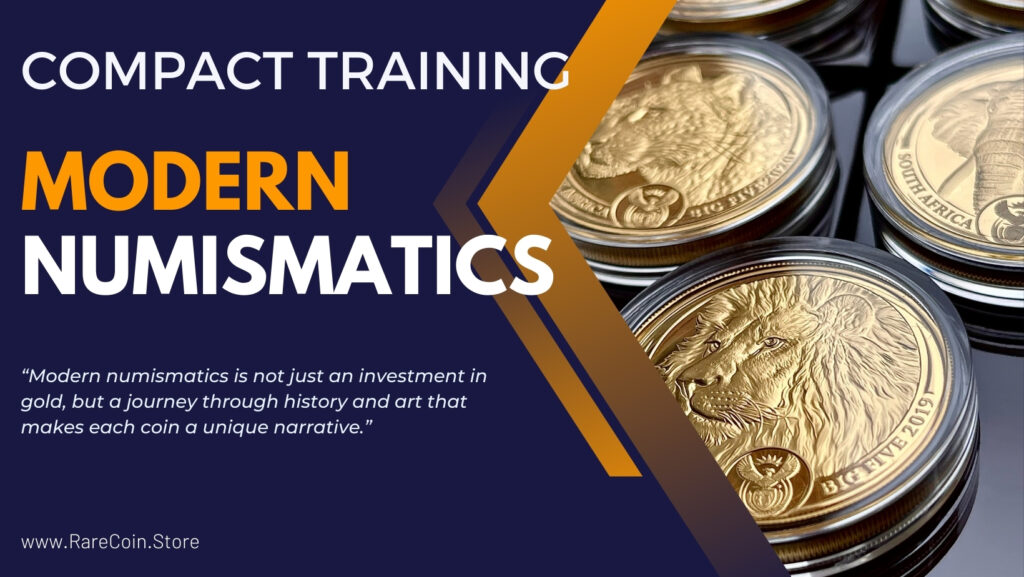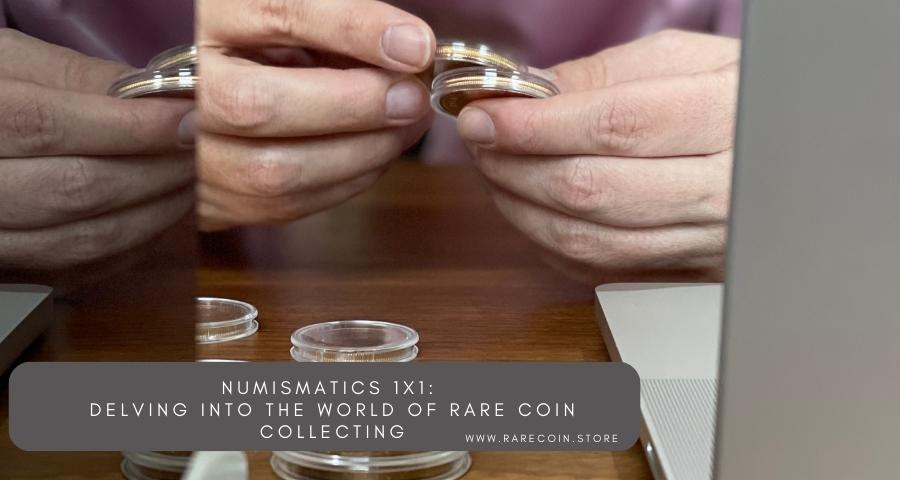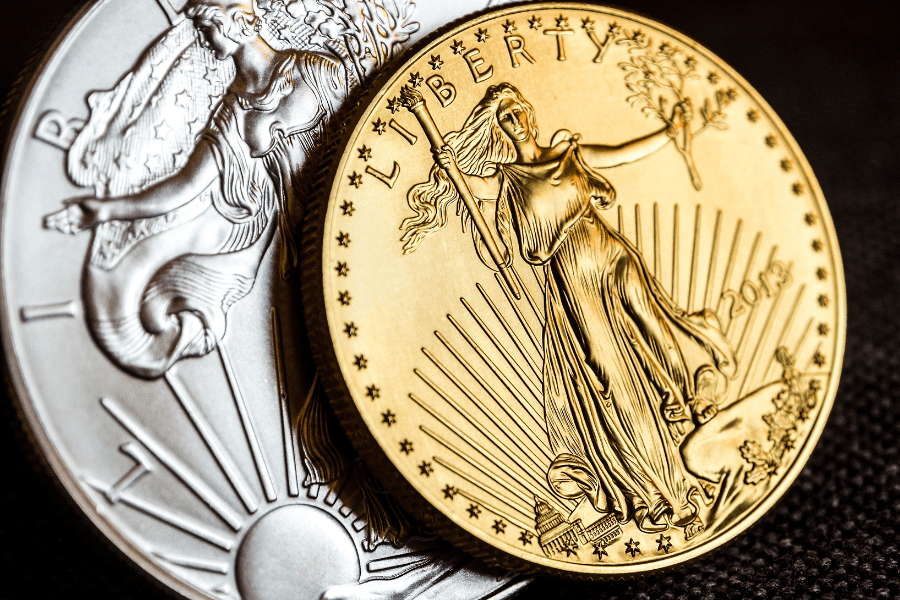Recommended Info On Choosing Dirham And Legal Tender
Wiki Article
How Can I Make Use Of An Numismatics Database To Investigate The Global And Regional Associations?
For conducting such research, here's a systematic procedure: Here's a systematic approach to conducting such research: Database selection: Pick databases that are specialized in the numismatic community, for instance, websites of the largest numismatic societies like the American Numismatic Association(ANA), the International Numismatic Council(INC), or regional associations such as the Numismatic Association of Australia. JSTOR along with other repositories and databases for academics, can give you access to research papers and conference proceedings.
Define Research Focus: Specify your research objectives. Are you interested to know more about the global numismatic association's history, activities, regional cooperations conferences, and publications Are you searching for specific numismatic topic that is discussed in the association? Find out the purpose of your search.
Search Strategy: Utilize keywords like "numismatic associations," "global numismatics," "regional societies for numismatics," and also include specific names of associations or geographical regions if appropriate. Utilize advanced search options to filter results according to the date, the content (such papers from conferences or newsletters) and the geographic area.
Data collection: Get access to information on members' mission, their history, activities and publications by international and regional associations. Learn about past and future conferences, workshops and collaboration research projects. Find databases that contain details on the association's members, leaders and contact information.
Analysis: Examine data to better understand the effects of both local and international numismatic societies. Find out how these associations aid in advancing education in numismatics and international cooperation, and exchange research through conferences and papers.
Cross-Referencing - Check the information you've gathered by cross-referencing data from different sources and databases. Compare the activities and initiatives of various associations to get a comprehensive view of regional and global developments in numismatics.
Documentation: Record your findings thoroughly, citing sources and highlighting the methodologies employed. Notate the database names, search terms, and the significance of each source to the research questions.
Keep yourself updated: Numismatics groups continue to evolve. These include new publications, collaborative projects and conferences. To stay up to date on the latest developments in international and regional numismatics keep a close eye on associations' websites and databases.
Following these steps, you can effectively make use of databases to research the numismatics of regional and global associations. This method allows for a thorough investigation into the regional and global organization of the numismatic field and academic activities as well as collaboration efforts. Check out the top coin release for blog recommendations including coin magazine, banknote, coin holder, czech coins, banknote album, banknote dealer, bullion coins, banknote dealer, banknote display, currency society and more.

How Can I Research Numismatics In Relation To Mines With Databases?
Researching numismatics with regards to mines requires databases that concentrate on mining operations, historic mine sites, and the source of the metals that are used in the production of coins. Here's a method to conducting this kind of research:Databases Selection: Choose databases specializing in mining history as well as mineral resources. Examples include geological survey, mining company database, historical mining records and numismatic platforms.
Define Research Focus: Specify your research objectives. You may be interested in mining techniques from various historical periods, historical mines supplying metals to coins, historical mining sites or understanding the effects of mining in numismatics. Determine the goal of your search.
Search Strategy: Make use of specific keywords, such as "mining", "coinage," and "historical mines," as well as metal names such (gold or silver) and geographical regions, etc. Search results can be filtered by date and document type.
Data Collection: Access historic mines that produced the metals that were used in coinage. Data collection: Collect information such as mining location dates of operation, kinds of metals produced, production volume, and the historical mining documents that relate to mining activities.
Analysis: Study the data in order to comprehend the relation between numismatics and mining. Examine the ways in which the quality and availability of the metals used in production influenced the production of coins, the use of different coinage standards and the importance of mining regions in shaping numismatic history.
Cross-References: Check what you've discovered by comparing data from multiple databases and other sources. This ensures that your research is reliable and complete, giving you complete information about the impact of mining on the numismatics.
Documentation. Document your findings from research, citing the sources you consulted and noting any methodology used. Notify the database's name, search terms and relevance of each source to your research.
Be up-to-date Research and new discoveries may alter mining records and historic information. Stay up-to-date by following updates from mining company reports and geological surveys.
By following these steps, you will be able to allow you to make use of databases efficiently to explore numismatics as it relates to mining. This technique allows an in-depth study of historic mining operations that produced the necessary metals for coin production. Additionally, it provides insight into the technological, economic and geographic factors that have influenced the development of numismatics. View the recommended banknote rarity recommendations for blog tips including design, coin edge, rial, rare coins, numismatics, banknote rarity, dinar, coin news, currency collecting, lira and more.
What Can I Do With A Database To Research Numismatics With Respect To Historians And Researchers?
For researchers and historians conducting research on numismatics, it is necessary to use databases that focus on academic publications, historical archive, and institutions' repositories. For conducting such research there is a format: Database Selection: Select databases that are specialized in research into numismatics and academic journals from the historical archives and institutional repositories. JSTOR as well as Google Scholar are good examples, along with journals of numismatic societies (such the American Numismatic Society), libraries at universities, and historical archives.
Define Research Focus: Specify your research objectives. Are you interested to understand the historical contexts that shaped items of numismatic value, the methodology of numismatic researchers, specific areas of study in numismatics by historians, or the contributions of researchers to the field of numismatics? Determine your goals to guide your search.
Search Strategy: Use specific keywords such as "numismatics,""numismatic analysis,""historical coins" including any historical periods, regions or numismatic theme, if relevant. You can use advanced search to filter the results by the author's name, type of document (such articles, dissertations or conference papers) dates, and document kind.
Data collection: Search for information from scholarly journals research papers, archives of historical significance, as well as other sources that pertain to the field of numismatics. Get details such as publication names, authors abstracts, methods as well as historical contexts. Search databases for access to digital numismatic collections or research projects.
Analysis: Examine data to understand the historical and numismatic research methods and theories. Examine how numismatic objects contribute to larger historical narratives, economic analyses and cultural studies, or even political histories. Compare the findings and approaches of researchers studying different numismatic subjects.
Cross-Referencing Validate your findings by cross-referencing data across multiple databases and academic publications. This helps to ensure that your research is accurate and complete. You can also get a better understanding of the contribution made by Numismatics scholars.
Documentation: Documenting your findings is important. Cite sources and note the methods employed. Keep track of the specifics of the databases you used, the search terms used and the relevance each source has to your research.
Keep up-to-date. Scholarly publications and numismatic research are constantly evolving. Keep up-to-date with updates from numismatic societies as well as academic journals.
You can use databases to study numismatics in the way it pertains to historians or researchers following these easy steps. This allows you to study the methodology as well as the historical interpretations and scholarly inputs that help shape the understanding of numismatics in relation to broader cultural and historical contexts. View the best treasury for website examples including collection, banknote club, antique banknotes, banknote grading, gold, currency exhibition, currency catalog, dinar, banknote catalog, coin storage and more.

How Do I Utilize Databases To Study Numismatics With Regards To Conservation And Preservation Experts?
This type of research requires databases that are focused on conservation techniques and practices for conservation cases studies of numismatic artifacts and contributions from conservation experts. To conduct a study you should follow the following structure database selection: Choose databases that are focused on the conservation and preservation of cultural artifacts, including the numismatics. This includes the websites of conservation groups like the International Institute for Conservation of Historic and Artistic Works (IIC) museums conservation departments, and publications on numismatics.
Define Research Focus: Specify your research objectives. Are you interested in learning about techniques to preserve the numismatic object or case studies of restored medals and coins, conservation prevention measures or ethical considerations? Make your search easier for you.
Search Strategy: Use keywords such as "numismatic conservation," "coin preservation methods," "conservation practices for medals," and include specific conservation techniques (such as cleaning or stabilization, storage) or historical periods if applicable. Search results can be filtered according to dates, conservation topics, and case studies using advanced search tools.
Data collection: Find out regarding conservation methods and preservation strategies applied to numismatic items. Find out more about cases studies, essays about conservation methods conservation experts' talks, and guidelines to handle and manage numismatic collection.
Analyze: Examine and comprehend the data in order to better understand the techniques that are used, the challenges, new ideas, and new developments in conservation. Evaluation: Evaluate the effects of conservation practices on numismatic artifacts. Also, assess the role that scientific analysis is playing in the conservation decision-making process. Integrate ethical standards into conservation practices.
Cross-Referencing. Examine what you've discovered by cross-referencing information across multiple databases. This can include conservation organizations' websites and museum conservation departments. This ensures the accuracy and completeness of your research, providing complete information on conservation practices for numismatics.
Documentation: Record your findings in a systematic way including sources and the methods employed. Record details about the databases you have accessed and the search terms you used and the significance of every source you use to answer your research questions.
Stay up-to-date: As technology and research advances conservation methods and standards are evolving. Stay up-to-date by following updates from conservation groups, museums conservation departments and other publications on preservation of numismatics.
These steps will enable you to explore the world of numismatics as well as conservation specialists. This method allows for a thorough analysis of the practices as well as the ethics and contribution of conservation specialists in preserving numismatic artifacts, offering an understanding of the difficulties and advancements in safeguarding cultural heritage by numismatic preservation methods. Check out the best my latest blog post on coin magazine for website advice including antique coins, banknote collection, coin expo, currency collecting, collection, coin engraving, rand, rial, coin society, banknote book and more.

How Can I Find Out More About Numismatics, In Regards To Industry Consultants?
For numismatics research, it is important to utilize databases that contain details on reports from industry individuals, consultants, as well as numismatic societies. Here is a step-bystep guide to conduct this research: Database selection: Select databases that are specialized in industry reports, publications as well as consulting firms. Examples include listing of businesses, consulting firms' websites, and publications from Numismatic Associations.
Define Research Focus: Specify your research objectives. Are you keen to know about the consulting services that are available to companies that deal in numismatics? Do you wish to learn more about the market analysis of numismatics? What's the specialties of industry consultants and what trends they identify? Define what you're seeking to narrow your search.
Search Strategy: Use keywords such as "numismatic industry consultant", "numismatic consultancy firms" or "market analyses on coins" to get relevant results. If appropriate, you can also include geographical regions and specific areas of expertise. Make use of advanced search features to filter results by the date, specialties of consultants and the consulting services available.
Data Collection: Get access to data on consulting firms specialising in numismatics as well as industry consultants offering services to numismatic businesses. Learn more about the profiles of consultants and specializations (market analyses as well as collection management and authentication), client testimonials and reports authored.
Study data to comprehend the role of consultants and their contribution in the numismatics industry. Analyze the skills and techniques used by consultants when advising on numismatic investments, market trends, collection management strategies, and compliance with regulatory requirements.
Cross-Referencing Verify findings by cross referencing information from various directories of consulting firms, databases and publications on numismatics, as well as industry reports. This ensures accuracy and completeness of your research. This also gives you an extensive overview of the consulting field in numismatics.
Documentation: Document your findings, including the sources you utilized and noting the methodologies that were employed. Keep track of information such as the databases that you've used as well as your search terms and their connection to your research questions.
Be informed: As the economic conditions change and regulatory requirements are updated, so do consulting services and market developments in the field of numismatics. Keep track of updates on the sites of consulting firms, reports from industry and publications from numismatic societies to stay current with the most current industry trends.
By following these steps, you will be able to effectively make use of databases to research the numismatics industry in relation to consultants. This technique allows for an in-depth study of the advice services, market analysis and strategic advice offered by consultants in the numismatic industry, offering insightful insights into business operations, investment strategies and market dynamics in numismatics. View the top franc info for more tips including dollar, federal reserve, currency appraisal, copyright, banknote dealer, czech coins, banknote expo, banknote catalog, rial, coin certification and more.
